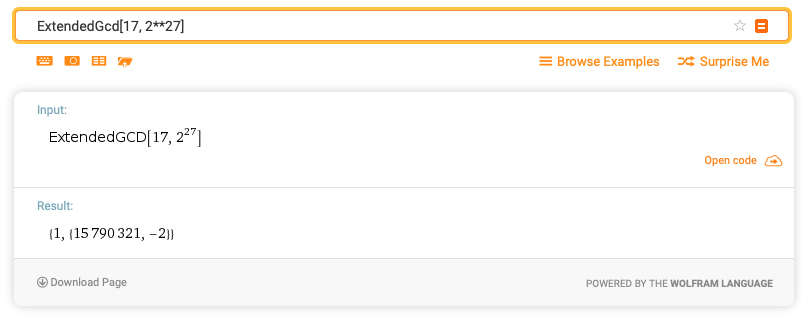You could use OpenSSL::Cipher
# for more info, see http://ruby-doc.org/stdlib-1.9.3/libdoc/openssl/rdoc/OpenSSL/Cipher.html
require 'openssl'
require 'digest/sha1'
# create the cipher for encrypting
cipher = OpenSSL::Cipher::Cipher.new("aes-256-cbc")
cipher.encrypt
# you will need to store these for later, in order to decrypt your data
key = Digest::SHA1.hexdigest("yourpass")
iv = cipher.random_iv
# load them into the cipher
cipher.key = key
cipher.iv = iv
# encrypt the message
encrypted = cipher.update('This is a secure message, meet at the clock-tower at dawn.')
encrypted << cipher.final
puts "encrypted: #{encrypted}\n"
# now we create a sipher for decrypting
cipher = OpenSSL::Cipher::Cipher.new("aes-256-cbc")
cipher.decrypt
cipher.key = key
cipher.iv = iv
# and decrypt it
decrypted = cipher.update(encrypted)
decrypted << cipher.final
puts "decrypted: #{decrypted}\n"
But the intermediate form doesn't lend itself well to printing
Given your thought that it would be nice if the intermediate form was the same length, you might just use a simple map of one char to another.
PLEASE UNDERSTAND THAT THIS IS NOT SECURE
You can easily brute force the key, but it seems to be congruent with your requirements.
class Cipher
def initialize(shuffled)
normal = ('a'..'z').to_a + ('A'..'Z').to_a + ('0'..'9').to_a + [' ']
@map = normal.zip(shuffled).inject(:encrypt => {} , :decrypt => {}) do |hash,(a,b)|
hash[:encrypt][a] = b
hash[:decrypt][b] = a
hash
end
end
def encrypt(str)
str.split(//).map { |char| @map[:encrypt][char] }.join
end
def decrypt(str)
str.split(//).map { |char| @map[:decrypt][char] }.join
end
end
# pass the shuffled version to the cipher
cipher = Cipher.new ["K", "D", "w", "X", "H", "3", "e", "1", "S", "B", "g", "a", "y", "v", "I", "6", "u", "W", "C", "0", "9", "b", "z", "T", "A", "q", "U", "4", "O", "o", "E", "N", "r", "n", "m", "d", "k", "x", "P", "t", "R", "s", "J", "L", "f", "h", "Z", "j", "Y", "5", "7", "l", "p", "c", "2", "8", "M", "V", "G", "i", " ", "Q", "F"]
msg = "howdy pardner"
crypted = cipher.encrypt msg
crypted # => "1IzXAF6KWXvHW"
decrypted = cipher.decrypt crypted
decrypted # => "howdy pardner"

